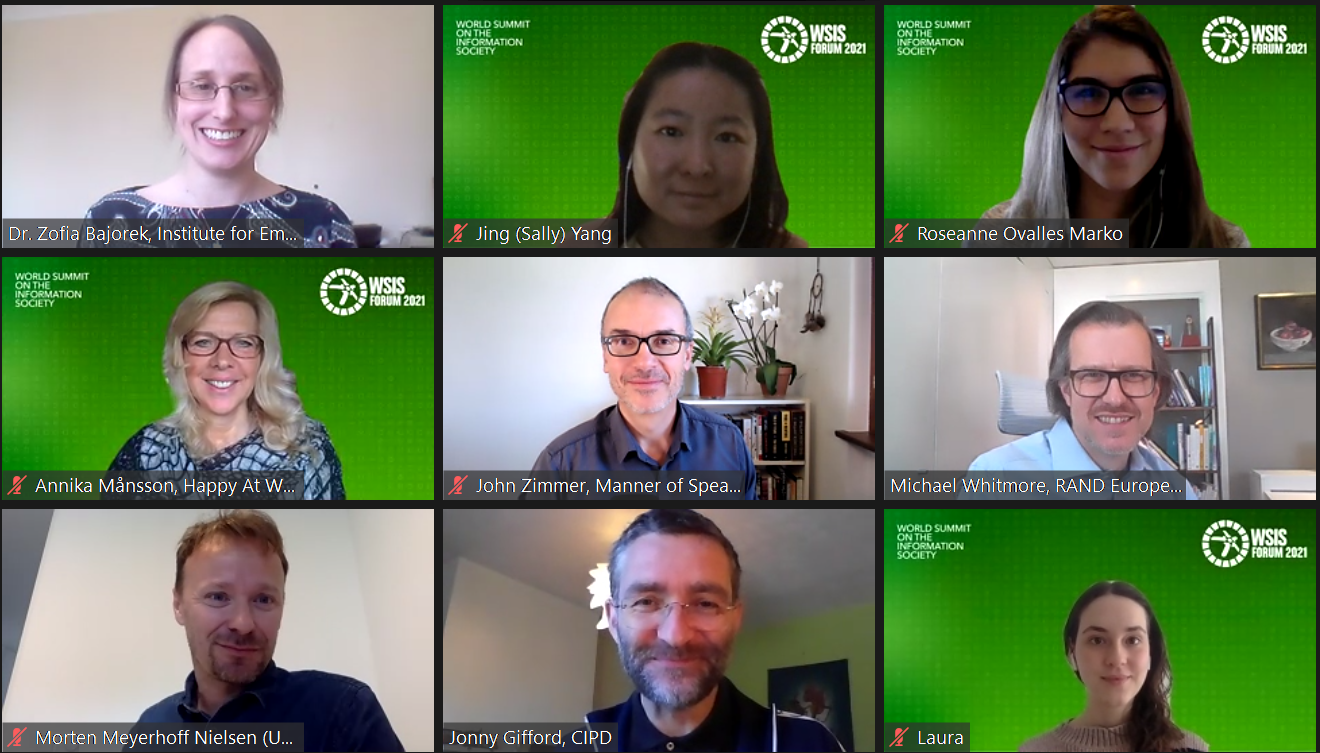ICTs and Future of Work
Geneva-Tsinghua Initiative (GTI)
Session 341
Changing work patterns amid Covid-19 pandemic and beyond
Context to this panel is the impact of Covid on the working lives of us all. Most office workers have gone digital, but everyone's working lives have been impacted by the pandemic. Many of us experience increased stress and work pressure, lack of social interactions, physical contact, lack of exercise, routine and work-life balance. How to effectively adapt to the changing work pace, standards and habits in the post-Covid era?
Office workers in many organisations are working at home remotely. Through digital technology, the emergence of remote work and remote offices have facilitated our work. But this at-home work is often without clear boundaries between private and workspace, the at-home time for leisure and the working time. There is no precise time limit for working at home, and limited structures that would fully support online collaboration and the work and life balance, in a holistic way. It has also become the new normal within organisations to embrace digital transformation, but boundaries in access persist.
The panel objective is to inform, share experience and expertise, and educate our global audience on the changing aspects of work, work patterns, and forms. We want to analyse the current changes, the most recent findings in this area, and give a picture of what lies ahead of us in terms of employment and work in the future.
Audience: remote employees in the business sector or public sector, the students and academic staff, researchers in universities, and the broader civil society.
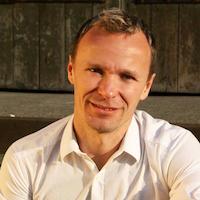
Morten Meyerhoff Nielsen is an EGOV Adviser at the United Nations University - EGOV, an international think tank working with the digital transformation of the public sector.
He is currently responsible for multiple digital transformation projects on performance management, strategy, and capacity development in Georgia, Uganda, and Saudi Arabia. He leads projects with the International Social Security Association on digital inclusion in relation to service production and delivery, and with UNICEF and the Digital Future Society on the impact of the digital transformation of service delivery on both marginalized communities, children, and women.
Morten regularly runs executive training on the digital transformation of the public sector and is a guest lecturer at several European universities.
Past employment includes the Danish Agency for Digitisation, Danish Technological Institute, European Institute of Public Administration, Centre for the Development of Enterprise; European Commission, and University of KwaZulu-Natal.
Morten has bachelor's degrees in political science and economics from the University of KwaZulu-Natal (South Africa), a masters from the University of Birmingham (UK) in international economic management, and a Phd in technology governance from Tallinn University of Technology (Estonia). He is an author and co-author of various publications, a reviewer for various journals, on multiple conference committees, and a juror on several awards committees
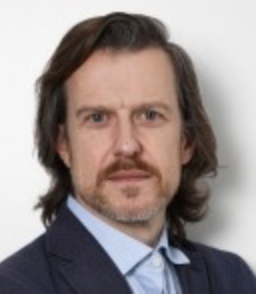
Michael Whitmore is a research leader at RAND Europe, developing initiatives and research into health, work and wellbeing. His career spans more than 30 years across health and social care with the last 12 dedicated to health and work. He has held roles that include programme director to Dame Carol Black's UK cross-government health and work team, developing fit for work services, as well as international product director of Wellbeing for Optum, part of the UnitedHealth Group. He also recently led the logistics set-up of the NHS COVID-19 national vaccination programme as well as global digital wellbeing platforms, population health projects in inter-systemic behaviour change, delayed transfers of care and health and social care integration as well as development of a national mental health wellbeing programme to the UK construction industry. He oversees the delivery of RAND Europe’s partnership with Vitality (UK), AIA (Asia) and Manulife (Canada) on the global Healthiest Workplace Programme, which has accumulated to date over 200,000 direct employee survey responses examining workplace productivity, health and wellbeing.
Whitmore has an MBA with distinction from Cass Business School, an International Leadership Certificate from London Business School, an MA in applied social science and social work from Durham University, a degree in psychology and law from Keele University and is a practising CBT therapist.

Jonny’s work centres on generating robust and relevant research insight and strengthening links between research and practice. He has been conducting applied research in the field of employment and people management for over 15 years, with previous roles at Westminster Business School, the Institute for Employment Studies and Roffey Park Institute. His interests include job quality or ‘good work’, workplace conflict, and behavioural science insights into core HR areas such as recruitment, reward, performance management, ethical behaviour and wellbeing. He directs the CIPD’s annual Applied Research Conference, leads the CIPD’s work on evidence-based practice, and is a seasoned public speaker.
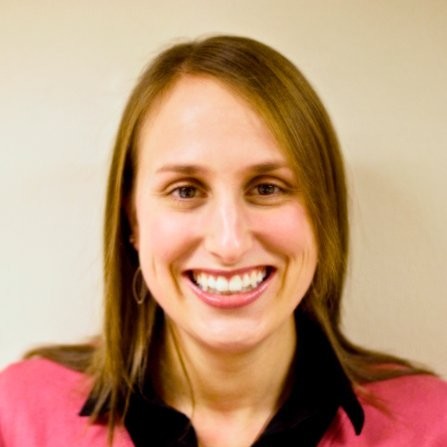
Zofia joined IES as a Research Fellow in June 2018. Her main interests include the role of line managers and the development of the employment relationship, the management of the psychological contract, the temporary and flexible workforce, and the health and wellbeing of the workforce, including the promotion of good work practices.
Prior to joining IES, Zofia was the lead researcher in HR and Management at the Work Foundation, where she worked on a number of projects related to a range of workforce issues, including systematic reviews for workplace policy and management practices to improve the health of employees, the health and wellbeing of the ageing workforce and performance-related pay in the public sector. Zofia has also undertaken a mixed-method study to understand the role of employee engagement in the NHS for staff and patient outcomes, and contributed to a number of policy papers providing recommendations to improve the health and wellbeing of the workforce.
Zofia completed a PhD in management studies at King’s College London, focusing on the management of temporary staff in the accident and emergency department, and the impact this can have on patient safety and service quality, which included two distinct case studies involving interviewing hospital staff at the macro, meso and micro level.
She has since used a range qualitative skills to explore how employers and employees can manage long-term chronic conditions at work (eg inflammatory bowel disease) and the role of self-management for chronic conditions. Zofia also has an interest in gender equality in the workplace and has undertaken in-depth qualititative research looking at the under-application of women to Queen’s Counsel (QC) status. Zofia is also interested in understanding the future of the workplace and discussing workforce trends.
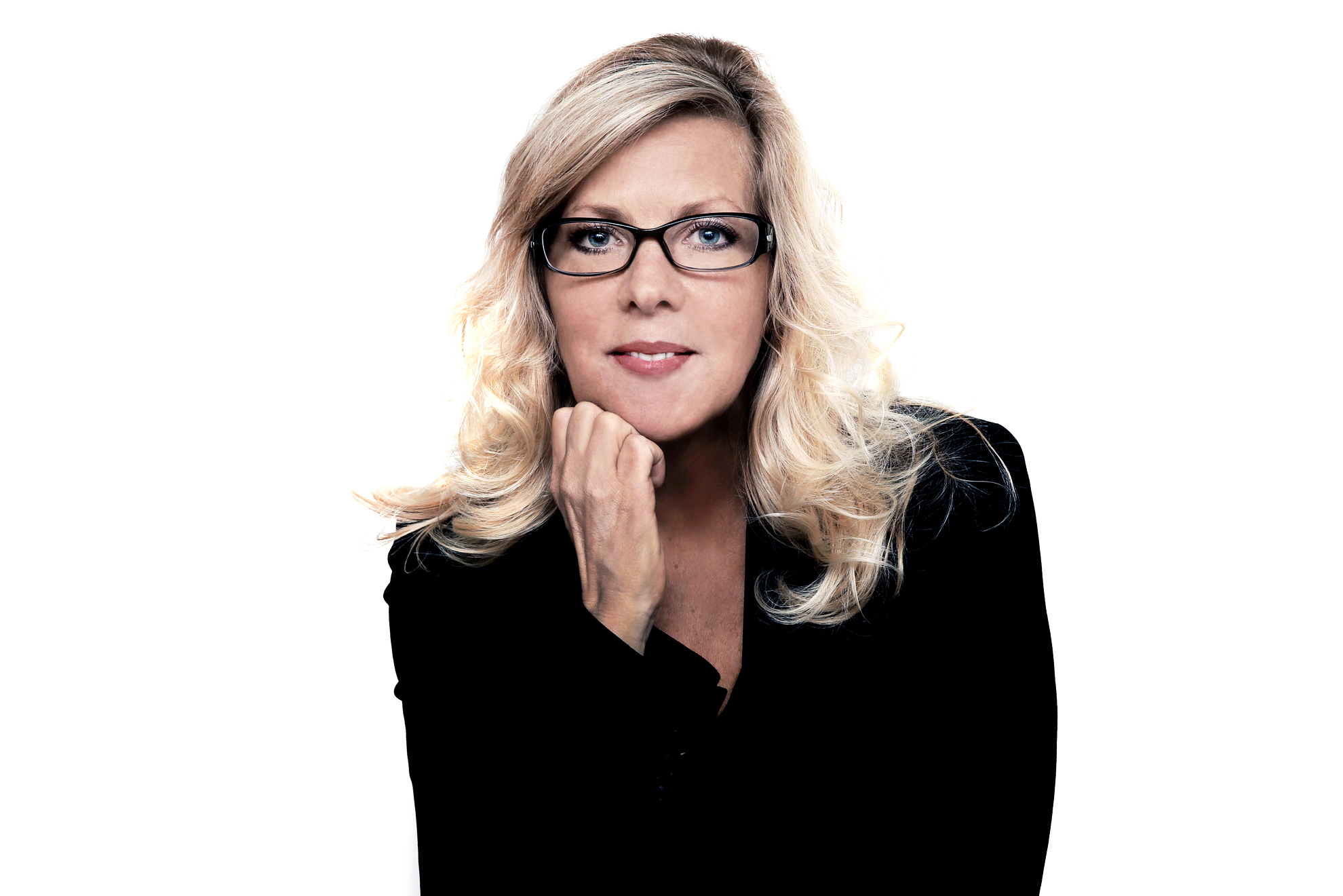
Annika Månsson has built up over 13 years of experience in a wide range of multicultural sectors in more than 20 countries. Expert in positive organizational transformation, leadership development and happiness at work, she inspires teams and individuals through her keynotes, trainings and coaching in companies like Novartis, Scandinavian Airlines, FIBA, JP Morgan, UNICEF and many others around the world.
Annika holds a Master’s degree in marketing and worked for 15 years at the Danone group, where she held a range of managerial positions for the Evian brand, in the areas of marketing and communication. She is also a qualified coach and certified practitioner in MBTI®, Belbin®, NLP and Prosci change management. Originally from Sweden, Annika claims that happiness at work is not a luxury! It is essential to our success and to the sustainable performance of organizations.
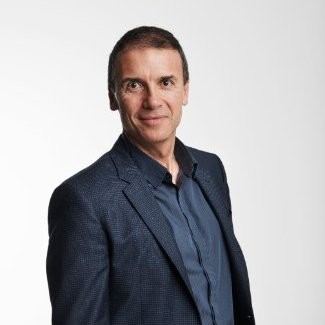
John Zimmer is from Canada and now lives in Switzerland. He is an internationally recognized speaker and expert on public speaking, presentation skills, and persuasion. With degrees in International Relations and Law, John has 30+ years of public speaking and presentation experience in a variety of forums.
John has worked for a major Canadian law firm, the United Nations and the World Health Organization (WHO). He is now a full-time speaker, giving keynotes, emceeing events, and helping companies, organizations and individuals communicate more effectively.
John’s clients include multinational corporations, international organizations, startups and individuals. He also teaches public speaking in the Executive MBA programs at the University of Geneva, University of Lausanne and IESE in Barcelona.
He is a 9-time European champion of Toastmasters public speaking contests and a TEDx Speaker, and is regularly invited to speak at corporate and other events around the world. John's extensive global experiences and foreign language skills enable him to connect with audiences of any culture. He has spoken to thousands of people in 25 countries on five continents.
John is the co-creator of Rhetoric – The Public Speaking Game TM , the world’s first public speaking board game that is being played in businesses, schools, and homes around the world. It is available as a physical game and as an app.
Since May 2009, John has been writing his blog about public speaking, Manner of Speaking. It is recognized as one of the leading blogs in the field of public speaking, presentation skills, and communication. With his improvisational theatre group, the Renegade Saints, John also helps companies discover how “improv” can be used to improve collaboration, communication, and creativity for any corporate team.
-
 C3. Access to information and knowledge
C3. Access to information and knowledge
-
 C4. Capacity building
C4. Capacity building
-
 C7. ICT applications: benefits in all aspects of life — E-business
C7. ICT applications: benefits in all aspects of life — E-business
-
 C7. ICT applications: benefits in all aspects of life — E-employment
C7. ICT applications: benefits in all aspects of life — E-employment
-
 C11. International and regional cooperation
C11. International and regional cooperation
NUmerous WSIS action lines will be addressed, from learning and access to knowledge to e-business and e-employment support
4) Capacity building
• Basic literacy • Distance learning • Education/training • E-literacy • Gender • Combating illiteracy • Life-long learning • Research and development (R&D) • Self-learning • Teacher training • Training ICT professionals • Volunteering • Youth
3) Access to information and knowledge
• Access to public official information • Access to scientific knowledge • Digital public libraries and archives • ICTs for all • Multi-purpose community public access points • Open source, proprietary and free software • Public access to information • Public domain information.
-
 Goal 1: End poverty in all its forms everywhere
Goal 1: End poverty in all its forms everywhere
-
 Goal 3: Ensure healthy lives and promote well-being for all
Goal 3: Ensure healthy lives and promote well-being for all
-
 Goal 8: Promote inclusive and sustainable economic growth, employment and decent work for all
Goal 8: Promote inclusive and sustainable economic growth, employment and decent work for all
-
 Goal 17: Revitalize the global partnership for sustainable development
Goal 17: Revitalize the global partnership for sustainable development
Access to free education for all, knowledge sharing and work-health relations will be discussed, all within the SDG framework.
